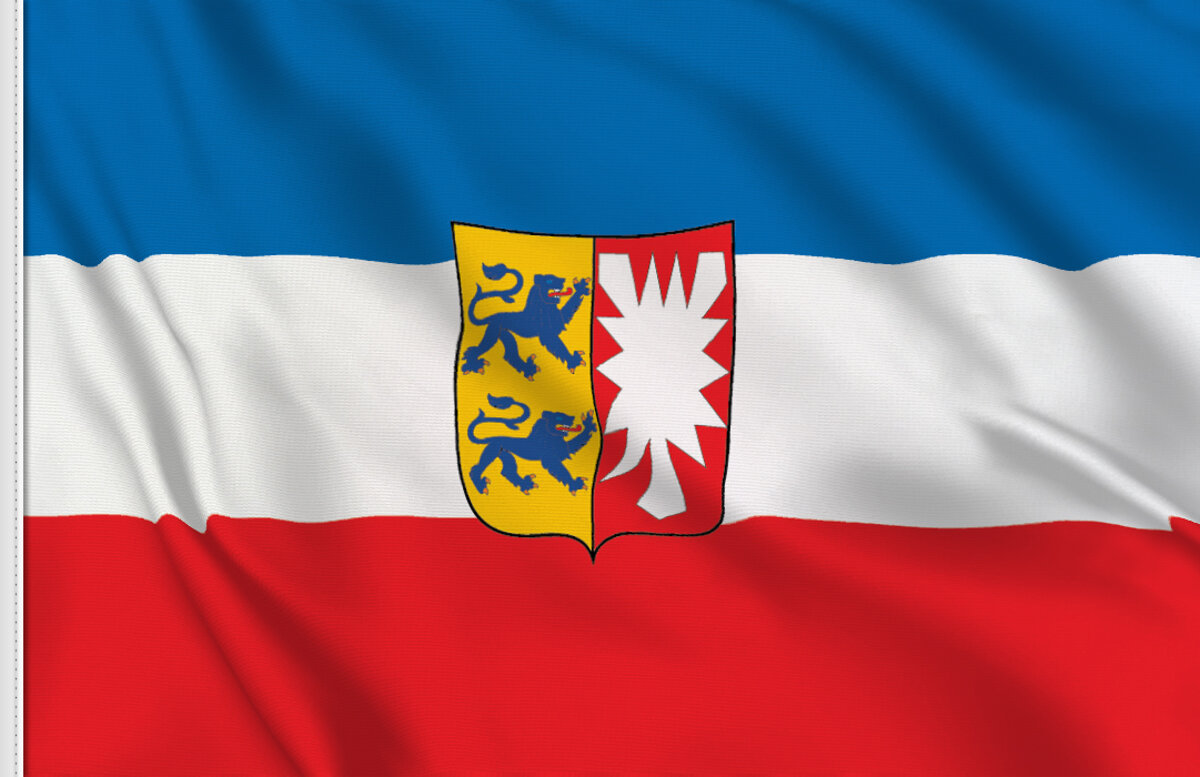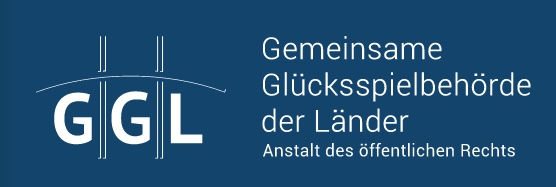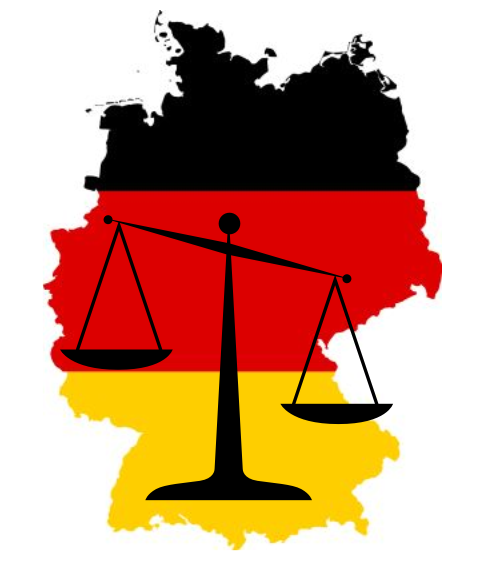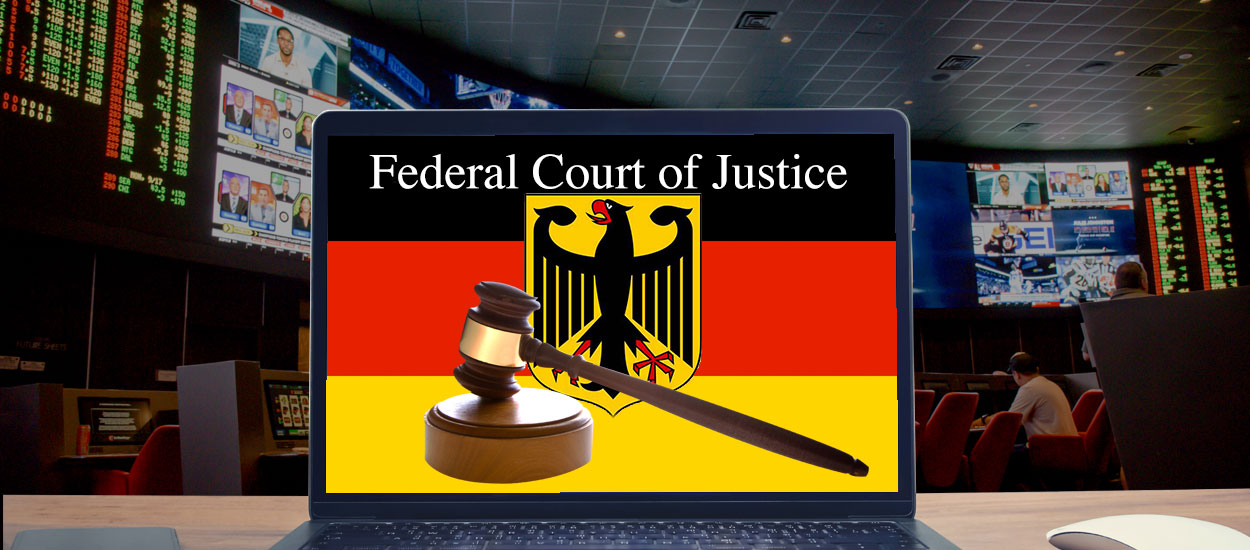After more than a decade, online gambling licensing in Germany is still baffling
It seemed that Germany had finally solved its decade long online gambling snafu after the latest Interstate Gambling Treaty was passed in 2021, but from all accounts the situation is far from settled. For those unfamiliar with the German situation, I'll try to condense a decade of mismanagement and incompetence in a few paragraphs with a brief history of online gambling in Germany.
How it started
In 2010 the German government, frustrated by citizens gambling online with offshore companies, announced that it was setting up a Federal treaty to help regulate the industry and provide the country with extra revenue. The government announced that only sports betting licenses would be given out and it would be limited to 20 recipients. Companies from around the world applied for a license, but in the end, 18 of the 20 licenses were given to a local German or Austrian company. Immediately, the losing non-German or Austrian companies filed a complaint with the EU arguing that the process the country used to award the licenses was illegal. Aside from the limited number of licenses, they said the process had no transparency (i.e., no public reason was given for the choice of licensees).
Schleswig-Holstein makes a bold move One German state, Schleswig-Holstein (S-H) decided to take advantage of the situation and opted out of the Federal treaty. Instead, they launched their own licensing scheme in 2012 which allowed any company to apply for an S-H license, granting them permission to take bets from Germans in exchange for a relatively small licensing fee and a tax that was lower than the UK government was requiring. The license allowed for sports betting and also allowed for other verticals, such as casino and poker for six years. Not surprisingly, international companies jumped at the opportunity to sign up with Schleswig-Holstein, including the likes of Bet365, 888, PokerStars and a myriad of others.
One German state, Schleswig-Holstein (S-H) decided to take advantage of the situation and opted out of the Federal treaty. Instead, they launched their own licensing scheme in 2012 which allowed any company to apply for an S-H license, granting them permission to take bets from Germans in exchange for a relatively small licensing fee and a tax that was lower than the UK government was requiring. The license allowed for sports betting and also allowed for other verticals, such as casino and poker for six years. Not surprisingly, international companies jumped at the opportunity to sign up with Schleswig-Holstein, including the likes of Bet365, 888, PokerStars and a myriad of others.
Despite the S-H license, the non-German companies still wanted to be included in any Federal treaty, so they continued to pursue their complaint with the courts. The EU agreed with the complainants and told the German government that their process for choosing licenses was illegal per EU law and had to be changed. The German government agreed to increase the number of sports licenses to 40, but even that was deemed illegal since it was not the number of licenses that was the problem, but rather the process itself. The country tried again to reform the rules by allowing unlimited sports licenses, but that was shot down this time by the German court in Hesse. Finally in 2018, the government raised the white flag and said it would allow unlimited licenses for both sports and other gambling options, like casinos and poker. They agreed that this would take place via a new Interstate treaty in July of 2021 and in the meantime, companies could apply for an interim sports betting license. Schleswig-Holstein extended its licenses to July 2021 and said after that time it would withdraw its licenses and join the new treaty.
How it's going
When the rules for the new 2021 treaty came out, it was clear that they were not favorable to the gambling companies who offered casino games or poker. The most egregious rules included a maximum deposit limit of 1,000 euros, a maximum spin of 1 euro per slot and a requirement for companies to deposit upwards of 5 million euros into a holding account. Even crazier is a 5.3% turnover tax on poker and slots, which means that every bet gives 5% to the government.  Considering slots generally have a return to the bettor of 90% or more it makes it almost impossible for the casino to win unless they turn down the RTP to 80% or less, which few would play.
Considering slots generally have a return to the bettor of 90% or more it makes it almost impossible for the casino to win unless they turn down the RTP to 80% or less, which few would play.
The treaty required that any form of gambling first be approved by the Glücksspielkollegium, or Gambling College, until 2023 when the Glücksspielbehörde would take over. The Glücksspielkollegium is made up of a body of several states and in order for any request to pass it must be agreed to by 2/3 of the college. The Glücksspielkollegium has been criticized for being very protectionist and for coming up with the idea and choosing the failed 20 sports license request in the first place.  According to several reports, the College's main goal was to protect the state lottery and local businesses at all costs. To date the Glücksspielkollegium has rejected all requests to allow companies to offer casinos or poker. Many companies have said they applied for but were turned down. The college has also approved no new sports betting requests after the initial requests were granted at the start of the treaty due to infighting.
According to several reports, the College's main goal was to protect the state lottery and local businesses at all costs. To date the Glücksspielkollegium has rejected all requests to allow companies to offer casinos or poker. Many companies have said they applied for but were turned down. The college has also approved no new sports betting requests after the initial requests were granted at the start of the treaty due to infighting.
A whitelist of approved operators is maintained by the state of Saxony-Anhalt and it was well noted that the list had no licenses shown for casinos or poker when it was first published. Last week, the state reposted its updated whitelist and there were still no companies listed for casino or poker (it should be noted that casino is only for slots as table games come under a separate area). The whitelist can be viewed here. Section 7 lists the sports betting licenses (which total 33), Section 8 is casino licenses and Section 9 are online poker licenses, which are completely blank.
I spoke to a colleague who worked in Germany and Austria for different sportsbooks, including Intertops, and he was not surprised:
"I live here all my life and Germany are always anti-gambling and it is getting worse. They say one thing but do something else. I knew when they agreed to allow casinos it was all a lie. They do not want to jeopardize the lottery or the physical casinos so they said they would accept casino applications, but they will not process them. It was all just done to get the EU off their back. Sports is different here as it is not considered real gambling, which is why they wanted to allow companies to offer sports betting for many years but casinos is considered not for the Internet and will cause problem gambling and ruin the economy. I have no doubt it will be many years until internet casinos or poker are actually offered here. But that's O.K. people can still bet at non-German licensed companies in places like Malta or Gibraltar so the only ones losing out is the government."
In 2022 the decision for awarding licenses or the ability to include new verticals is being turned over to the Glücksspielbehörde. A new gambling regulator will be by established by the executive of the German state of Saxony-Anhalt. There is hope that this new regulator will be more liberal, less protectionist and more transparent than the Glücksspielkollegium.
A press release by Anne Poggermann, the chairperson of the Board of Directors for Saxony-Anhalt's State Secretary for the Interior and Sport, released last year, stated the following: (please note it was in German, so this is a translation).
"The goal for 2021 is to set up the new authority in order to allow them to plan for and carry out future tasks. The new authority will monitor developments in the gambling market and gambling research to make decisions. On July 1, 2022, the institution should take over its first tasks. This includes, for example, the design of measures to stop payments for illegal games, provide so-called IP blocking of illegal sites and provide rules and supervision relating to illegal gambling on the Internet and the advertising thereof. From January 1, 2023, all other Transitional tasks performed by different federal states (i.e. the Glücksspielkollegium) through the common gaming authority of the federal states will be transferred to the Glücksspielbehörde based in Halle."
So, while the new German gambling treaty is almost a year old, it seems that none of the promises of the treaty have actually taken place. It’s hard to fathom that a company like Bet365, who was granted a sports betting license, would not apply for the right to offer casino gambling as well, leading myself and others to suspect that the Gambling College is playing games with the truth and instead is doing everything in its power to stop online casino and poker gambling. Then again that shouldn't be too surprising as protectionist entities don’t concede that right too easily. Let’s just hope for the sake of Germany's gamblers that the Glücksspielbehörde will be more transparent and start awarding online casino and poker licenses, or at the very least provide proof that companies just aren't interested, perhaps due to the obscene turnover tax and other rules.
Bettors have the right to know.
Read insights from Hartley Henderson every week here at OSGA and check out Hartley's RUMOR MILL!








































